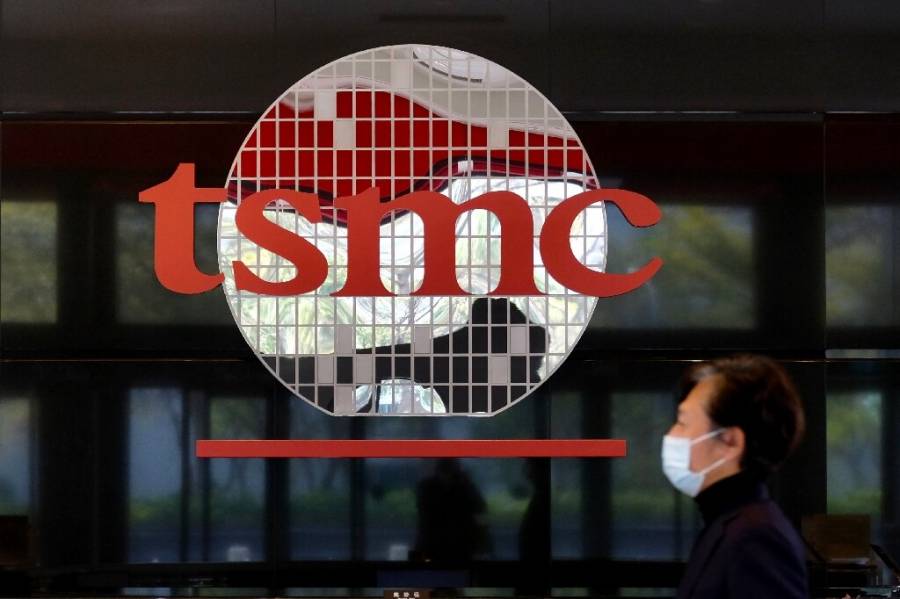Taiwan Semiconductor Manufacturing Company (TSMC) confirmed steady fourth-quarter revenue on Wednesday (Jan 10) which, while slightly lackluster, still beat analyst expectations.
As reported by Reuters, the world’s biggest contract chipmaker, with Apple and Nvidia among its major clients, saw its results outstrip its expectations as well as those of the market overall, but it was just a modest increase that was posted.
For the same period 12 months previous, revenue came in at $19.93 billion, compared to $20.2 for the final three months of 2023.
The chipmaker behemoth had predicted its fourth-quarter revenue to fall within the range of $18.8b to $19.6b.
Next week, TSMC is due to report on its full fourth-quarter results when it will also set out its predictions for the current quarter and the year ahead.
Who is TSMC and what do they do?
TSMC was founded in 1987 in Taiwan by Morris Chang as the first specialist semiconductor company and through the years it has emerged as an eminent, leader within its niche.
They design and manufacture microchips used in various electronic industries and have recently enjoyed a boom from the proliferation of AI projects and overall advances.
Asia’s most valuable listed company saw its stock price rise 30% in the last year, giving it a company value of $483.3 billion.
TSMC also announced last month that its incumbent chairman, Mark Liu, will step down in the coming months with the board recommending its current CEO and Vice Chairman C.C. Wei to be installed as Liu’s successor with changes to be ratified at the upcoming company election in June.
Amid ongoing US-China trade tensions and the geopolitical vista, Chinese chipmaker Semiconductor Manufacturing International Corporation (SMIC) appears to have surpassed the 5nm process barrier, despite U.S. restrictions, by developing a cutting-edge chip for Huawei.
The 5nm process shrinks the smallest features on computer chips to just 5 nanometers wide. It’s exceptionally difficult to do. The technology required to undertake the task successfully is expensive and bleeding edge.
This represents a significant milestone for China plc, reducing its reliance on US suppliers, as well as sending a statement of intent toward its Taiwanese rival, TSMC.










